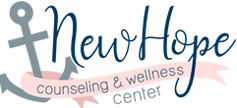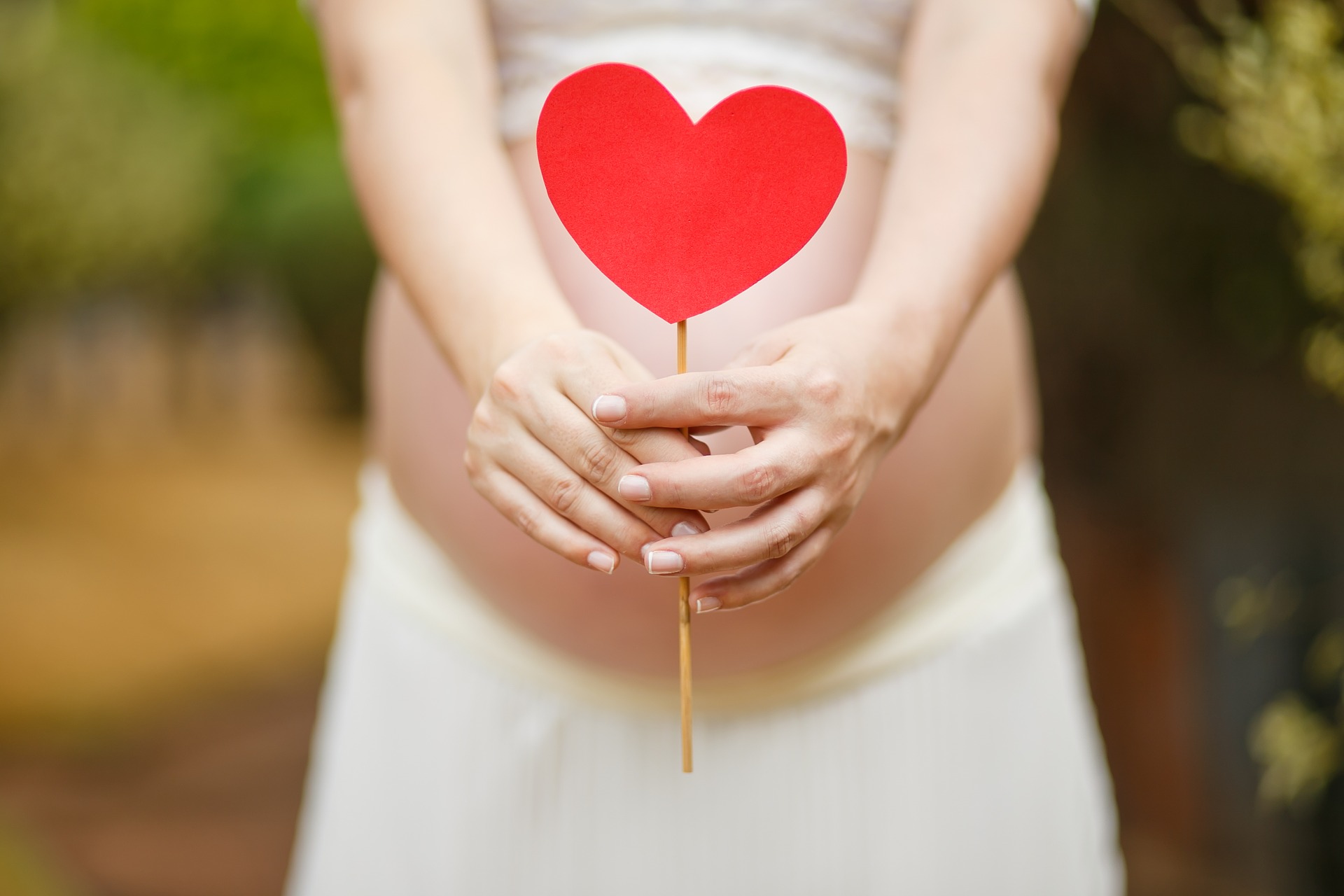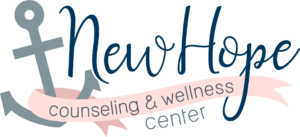Gaining weight is required as part of a healthy pregnancy, but for those with eating disorders, it can be very frightening.
Eating Disorders and Fertility
Eating disorders affect fertility and the reduce of conception. The majority of women with anorexia nervosa and about half of women with bulimia nervosa do not have regular menstrual cycles. The absence of regular menstruation can make getting pregnant challenging, although not impossible.
Ideally, disordered thoughts and behaviors should be addressed prior to getting pregnant. It is best to discuss this decision with a treatment team prior to conceiving. Maintaining a healthy weight with absence of disordered thoughts/behaviors is important for the health of both the mom and baby.
Disordered eating during pregnancy puts both the mother and her baby at risk for many complications.
Anorexia nervosa tends to be associated with insufficient weight gain during pregnancy, leading to low birth weight babies. Individuals with bulimia nervosa may suffer from dehydration, chemical imbalances, or cardiac irregularities, and the use of laxatives or other medications can flush away nutrients and fluids before they are able to nourish the baby. Binge eating disorder is often correlated with excess weight gain, leading to a greater risk of high blood pressure and gestational diabetes.
Risks Include
- Premature birth
- Low Birth Rate
- Gestational Diabetes
- Respiratory Problems
- Preeclampsia
- Increased Risk of Cesarean section
- Anemia
- Miscarriage
- Stillbirth or Fetal Death
- Depression
The baby may experience
- Feeding difficulties
- Poor or delayed development
- Respiratory problems
Prior to Pregnancy
A woman should try to achieve and maintain a healthy weight. She should avoid purging and schedule a pre-conception appointment with her healthcare provider. Working with a Registered Dietitian to discuss a healthy pregnancy diet and possible prenatal vitamins is also beneficial. Counsel to address the eating disorder and any other underlying concerns should be pursued; individual therapy and support groups can help one to cope with concerns regarding food, weight gain, body image, and parenting.
Pregnancy
If and when a woman does become pregnant, a prenatal appointment should be scheduled very early on, and it’s important that she is honest with her doctor about disordered eating struggles. Extra appointments may be necessary to track the development of the baby more closely. Strive for healthy weight gain and continue counsel for any eating or mental health concerns. Other classes on pregnancy, childbirth, and/or parenting can also be useful in preparing for the new baby. Working with a dietitian to assure that meals are healthy, well-balanced, and adequate with all of the appropriate nutrients is important for appropriate fetal development, and a doctor should always be consulted before beginning any exercise program.
During the first trimester of pregnancy, women often experience extreme fatigue, mood swings, food cravings and/or aversions, and morning sickness. The body begins to change, and that could be a trigger for eating disorder behaviors. It can also be difficult to consume adequate nutrition due to these symptoms, so a dietitian is useful for combatting these struggles. During the second trimester, the body begins to change more significantly and more noticeably, and things like stretch marks can be painstaking for a woman with an eating disorder. The natural, necessary weight gain can also be upsetting, so it’s important to have positive moral support. During the final trimester, the pressure the baby puts on a woman’s organs can impact digestion, hunger cues, and her ability to eat sufficiently. People may comment on her physical body changes, and although they mean well, this could easily be another trigger. Healthy coping mechanisms should be utilized in place of eating disorder behaviors.
Postpartum
After pregnancy, women should continue to work with their therapists, dietitians, and other healthcare providers. Additionally, it is important to seek out a healthy support system that can be aware of the risk of depression and eating disorder symptoms. The challenges of breastfeeding can be helped through the aid of a lactation consultant.
Specific information about weight, diet, and supplement use should be discussed with the obstetrician and dietitian. For more information, contact me at amy@therapyemail.com or visit my website at www.nutritionandtherapy.com
References
Pregnancy and Eating Disorders. National Eating Disorders Association. https://www.nationaleatingdisorders.org/pregnancy-and-eating-disorders. Accessed August 8, 2018.
Pregnancy and Eating Disorders. American Pregnancy Association. http://americanpregnancy.org/pregnancy-health/pregnancy-and-eating-disorders/. Updated July, 2015. Accessed August 8, 2018.
Ward VB. Ward VB. Eating disorders in pregnancy. BMJ : British Medical Journal. 2008;336(7635):93-96. https://www.ncbi.nlm.nih.gov/pmc/articles/PMC2190274/. Published January 12, 2008. Accessed August 8, 2018.
Karges C. Dealing with pregnancy and eating disorders, what to expect. Eating Disorder Hope. https://www.eatingdisorderhope.com/treatment-for-eating-disorders/special-issues/pregnancy/body-image-nutrition-change-coping. Published June 8, 2017. Accessed August 9, 2018.









